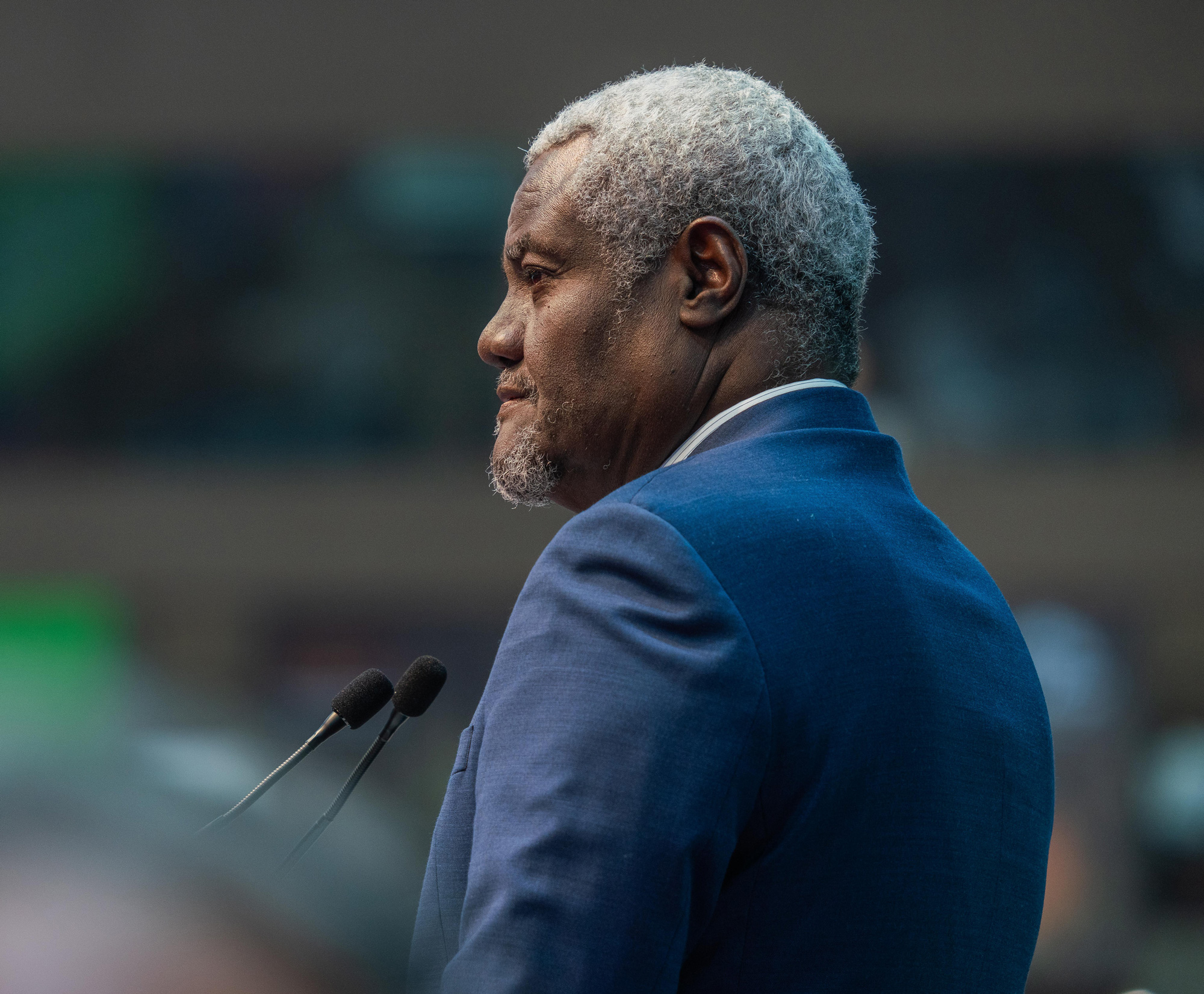
Championing digital policy with a global media platform
A global streaming client, newly operating across Africa, faced growing uncertainty. The government was planning big changes to content and copyright laws aimed at modernising the sector, but ones that could also shake up how digital platforms and creators work. Africa Practice stepped in to help the client build trust with policymakers and shape smarter, more balanced regulations.
Challenge: The changing regulatory landscape
South Africa’s media and entertainment industries are changing fast. New policies are being introduced to support fair pay, inclusive growth, and a stronger digital economy. But some of these proposals risked backfiring.
One proposal was to apply old broadcasting rules to new digital platforms. Another aimed to improve how performers are paid, but could have disrupted how content deals are made, especially for scripted and commissioned work. Both raised concerns that good intentions might lead to fewer creative options, reduced investment, and more red tape.
Our client anticipated the disruption and wanted to be part of a better way forward, not just to protect their interests, but to help shape outcomes that worked for everyone. They needed a strategy focused on building trust, offering practical insights, and keeping the conversation open.
Approach: Collaboration to shape policy
Our engagement began by building a shared understanding. We mapped global regulatory models and crafted a localised position to guide informal, evidence-based dialogue. This clarified how digital business models function and highlighted the need for flexible, context-specific policy frameworks.
We then focused on fostering open, solution-oriented conversations. Roundtables brought together producers, screenwriters, and policymakers to unpack the real-world impact of proposed reforms. These exchanges helped bridge knowledge gaps around how audiovisual content is developed, financed, and distributed. To support this, we produced concise briefings that translated complex legal issues into actionable insights, informing not just industry but also academia and the broader policy community.
As the process evolved, so did our approach. We moved from reactive engagement to proactive collaboration, supporting the intent behind reforms while advocating for “fit-for-purpose” policy design grounded in practical realities. This shift opened space for deeper dialogue. Policymakers became more attuned to the diversity of the digital content ecosystem and the need for adaptable regulation. Our client’s role expanded from stakeholder to trusted contributor, with a seat at the table for ongoing policy development. At the same time, the broader debate around creative sector reform grew more balanced. While proposals advanced, refinements introduced greater contractual flexibility and a more enabling environment for both creators and investors. These changes reflected a shared commitment to policy that supports the full ecosystem.
Outcome: Partnership that shapes policy and strengthens the sector
This engagement shows the power of partnership-led advocacy. What began as concern over potential regulatory risks evolved into a productive relationship. Our client shifted from being seen as a reactive industry voice to a trusted contributor to policy development. Their influence is now embedded through ongoing technical input and participation in formal review processes.
Regulatory adjustments in the creative sector have also led to a more balanced environment, one that better supports fair compensation and the practical demands of content production. These reforms laid a strong foundation for sustained investment and sector growth.
The impact extends beyond one company. Stakeholders now have a clearer understanding of how local and global content systems interact, and there is growing alignment around the idea that effective policy must reflect both market realities and national priorities.
For our client, the process delivered greater regulatory clarity, improved resilience, and positioned them as a respected and ongoing voice in a key market. It also created space for confident investment in South African content and production ecosystems.
Key Takeaway: A model for collaborative reform
For Africa’s broader narrative, it challenges the false choice between innovation and regulation. Instead, it points to a more confident, co-developed path, where local value is protected, creativity is supported, and policy reform becomes a shared journey.
The message is clear: when policy engagement is rooted in partnership, insight, and respect, it leads to outcomes that benefit business, creators, and society alike.
Capabilities
- Policy intelligence
- Policy design
- Change strategy
- Political economy analysis
- Stakeholder mapping and engagement


